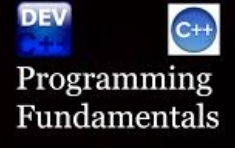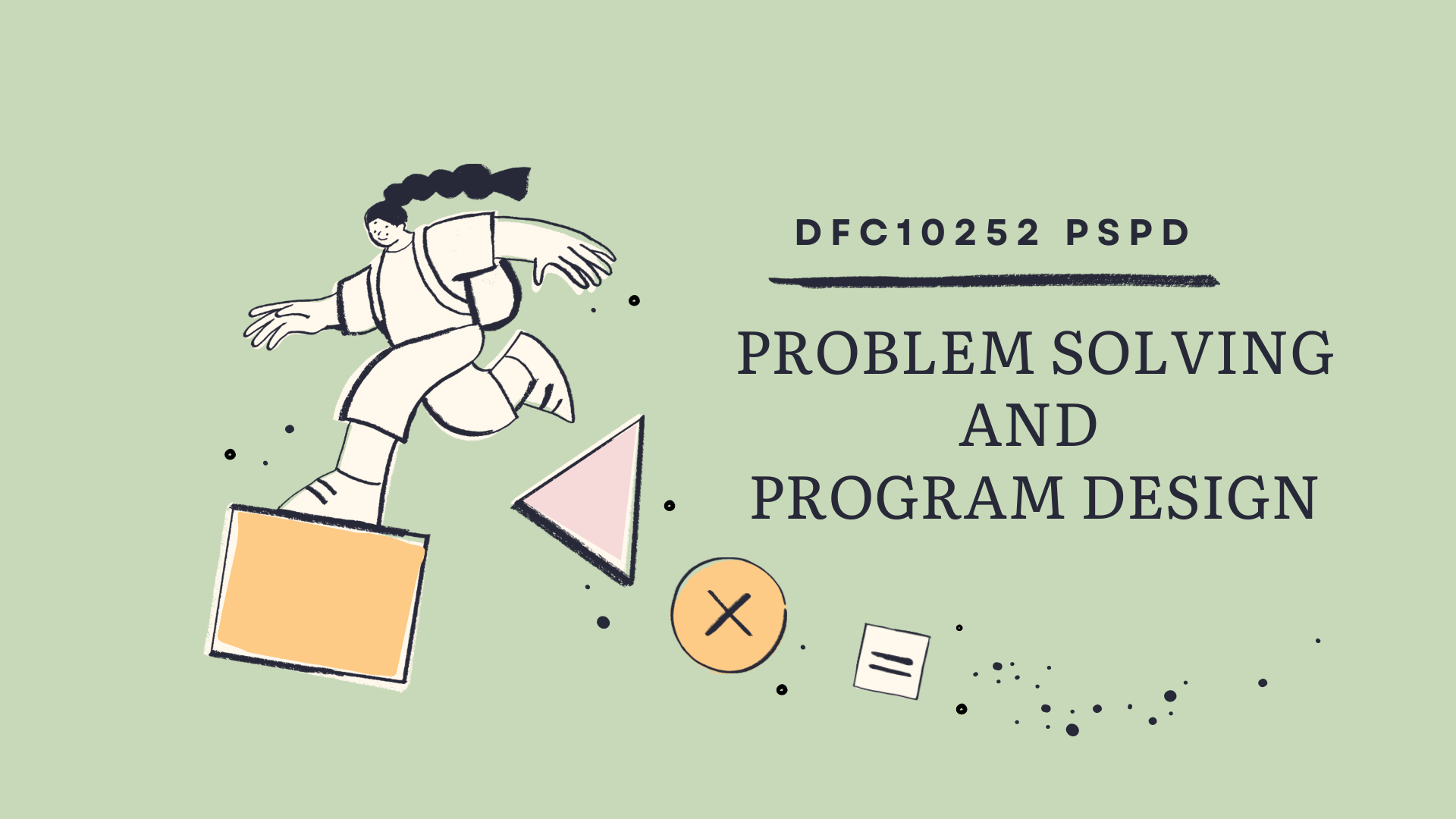PROGRAMMING FUNDAMENTALS course introduces the fundamental concepts of structured programming and provides a comprehensive introduction to programming for Information Technology majors. Topics include data types, control structures, pointer, structure, functions, arrays and the mechanics of running, testing and debugging. Practical lab sessions will help to develop the skills required to identify the best data and program constructs to solve well-defined problems.
- Teacher: ANIRAH BINTI AHMAD ANIRAH
- Teacher: LIM BOON PING PBU
- Enrolled students: 14
CYBERSECURITY FUNDAMENTALS introduces students to the current cybersecurity threats and hazards. This course provides students with a foundational understanding of information security theory, basic principles, and techniques for designing secure systems. Students will explore principles and best practices in environmentally sustainable secure computing and learn to utilize appropriate tools and technologies for managing information system environments.
- Teacher: NORSHAFINAZ BINTI MOHAMAD FAUZI MADAM
- Teacher: NURUL KAMILAH BINTI MASNAN NURUL KAMILAH
- Enrolled students: 36
PROBLEM SOLVING AND PROGRAM DESIGN introduces the techniques in problem solving and program design. The concepts learned in this course can be applied to many of the real-life problems which can be solved by writing computer programs. A multiphase program development life cycle and two basic phases of problem solving and program design are emphasized. Problem analysis and the stepwise specification of the algorithms, pseudo code and flow chart are also defined.
- Teacher: ASMARIZAN BINTI MAT ESA Asmarizan
- Teacher: SITI HAJAR BINTI MOHAMADON HAJAR
- Teacher: NURHANI BINTI MOHD SABRI NURHANI
- Teacher: SHORAYHA A/P EH CHONG SHORAYHA
- Teacher: SYAFIZA BINTI AB WAHAB SYAFIZA
- Teacher: SITI NORSYAHIRAH BINTI MOHD NOR SYAHIRAH
- Enrolled students: 248
INTRODUCTION TO COMPUTER SYSTEM introduces students to the hardware, software and fundamental of Information Technology (IT) knowledge and skills necessary for ICT professionals. This course covers the study of personal computer (PC) and mobile devices hardware including PC and mobile devices assembly, installing and connecting peripherals. Student will learn hardware troubleshooting techniques to identify and rectify computer faults using appropriate devices.
COURSE LEARNING OUTCOMES (CLO):
1. Classify the hardware devices on personal computer and mobile devices related to current information technologies. (C2, PLO1)
2. Demonstrate personal computer assembly process, maintenance and troubleshooting that comply with computing standard procedure. (P3, PLO3)
- Teacher: DR. NURKHUZAIMAH FAZREEN BTE MOHD JALALUDDIN Dr. Khuz
- Teacher: MUHAMMAD HAZIQ BIN AHMAD FADZIL Haziq
- Teacher: HERMIZUL BIN NAPIS NAPIS
- Teacher: NASRUL AZHAN BIN MUUTI nasrul
- Teacher: NORHAFIZAH BINTI ABDUL RAHMAN Norhafizah
- Teacher: SITI NORSYAHIRAH BINTI MOHD NOR SYAHIRAH
- Enrolled students: 356
DATABASE FUNDAMENTALS course engages students to apply business scenarios and create a data model – a conceptual representation of an organization’s information. Students implement their database design by creating a physical database using SQL (Structured Query Language). Basic SQL syntax and the rules for constructing valid SQL statements are reviewed. This course culminates with a mini project that challenges students to design, implement and demonstrate a database solution for a business or organization.
- Teacher: NUR ATHIRAH IQLIMA` BINTI KAMARUHIZAM _
- Teacher: TS. MUNA BINTI ISHAK -
- Enrolled students: 36
COMPUTER ARCHITECTURE is an introduction to overall of a computer system, computer systems organization, low level programming and the hardware/ software interfaces. The organisation of the components in the computer architecture which make up a computer system and the meaning of the operations which guide its function. It defines what is seen on the machine interface, which is targeted by programming languages and their compilers. It is the basic computer machinery skills needed to progress to the next level of computer system. Continuation of foundational knowledge in computer system and technology which is a part of the requirement in the body of knowledge in Information Technology field.
- Teacher: NOOR SARENA BINTI MOHD ZAHID -
- Teacher: NORAZAM AZIZI BIN OTHAMAN AZAM
- Teacher: MASTURINA NATALIA BINTI MOHD NOR MASTURINA
- Teacher: SHAIFUL HANIF BIN MAT DIN Mr
- Teacher: RASAMMAL A/P RASAPPAN RASAPPAN
- Teacher: TAN RHU CHOON TAN
- Enrolled students: 350
- Teacher: SHARDILLA BINTI MOHAMAD SARIF -
- Teacher: NORAZAM AZIZI BIN OTHAMAN AZAM
- Teacher: MOHD DINIL HAQ BIN SAHBUDIN DINIL
- Teacher: MOHAMAD YUSRIZAL BIN MOHAMED YUSOFF Encik
- Teacher: VISHNU A/L KUMAR NAGENDRAN Kumar
- Teacher: ZAMHARIAH BINTI MD. ZAIN Madam
- Teacher: NORSHAHIDAYU BINTI OTHMAN Madam Ayu
- Teacher: NOR AINI BINTI ISMAIL Mrs.
- Enrolled students: 356
- Teacher: NUR SYAZWANI BINTI MELI MS.
- Teacher: MOHAMAD IZZAT BIN ISMAIL PBU
- Enrolled students: 36






